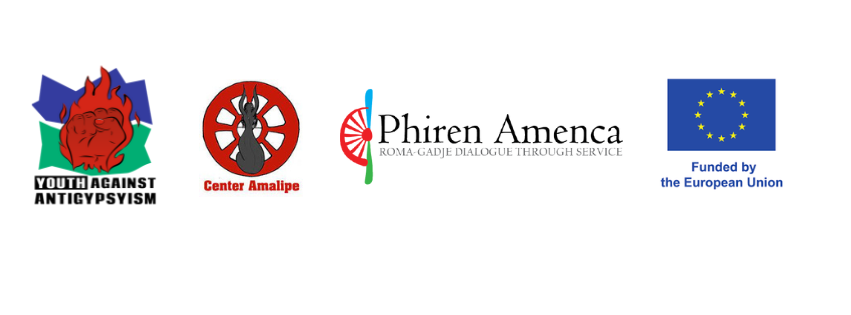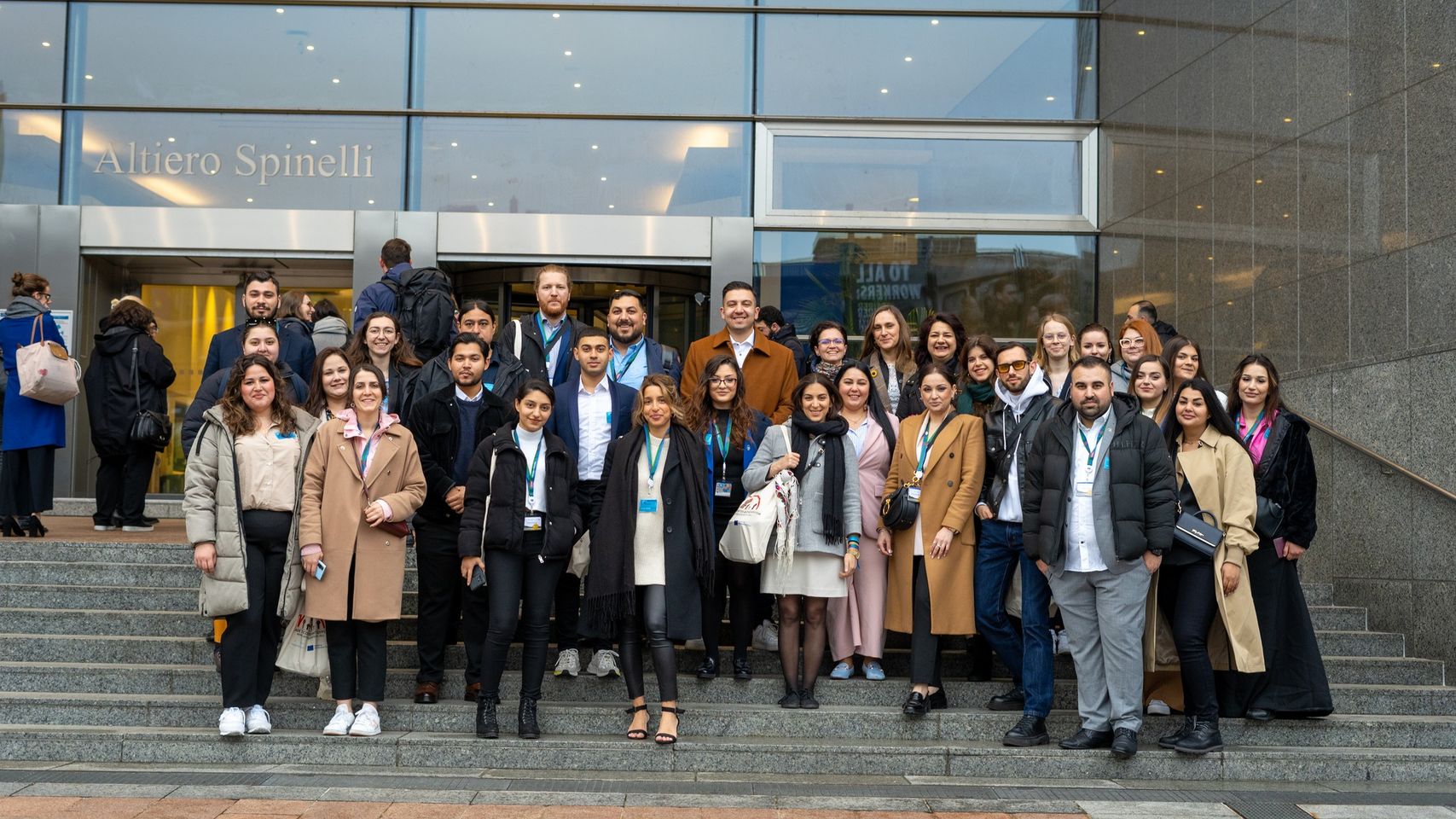The goal of Roma Week 2023 was to build upon the achievements of previous editions and the broader efforts towards Roma equality, inclusion, and participation. This included acknowledging the European Parliament Resolution on the situation of Roma people in EU settlements from 26 September 2022. The initiative urged the Commission and Member States to enhance the active involvement of Roma individuals, particularly women, youth, and other underrepresented groups, in shaping and monitoring public policies and projects at various levels. The aim was to empower them to contribute actively to shaping the EU’s future and changing perceptions within EU societies.
In the current edition, Roma Week delved deeper into antigypsyism, addressing historical injustices experienced by Roma in Europe. The focus was on using these experiences to reconstruct and reclaim Roma identity, fundamental rights, and agency. The week-long series of events provided recommendations to combat antigypsyism, structural discrimination, and promote Roma participation and leadership. Each event was sponsored by one or more Members of the European Parliament (MEPs) and co-organized by civil society organizations and Commission services.
On this occasion, on 25 April 2023, a working breakfast was organized as a first official event of the EU Roma week to build a dialogue between young Roma and non-Roma people and Members of the European Parliament on realities of antigypsyism and current EU policies concerning Roma youth. The Breakfast was hosted by Sándor Rónai (S&D) and besides him, participants had a chance to talk and exchange views with Atidhze Véli from Renew Europe.
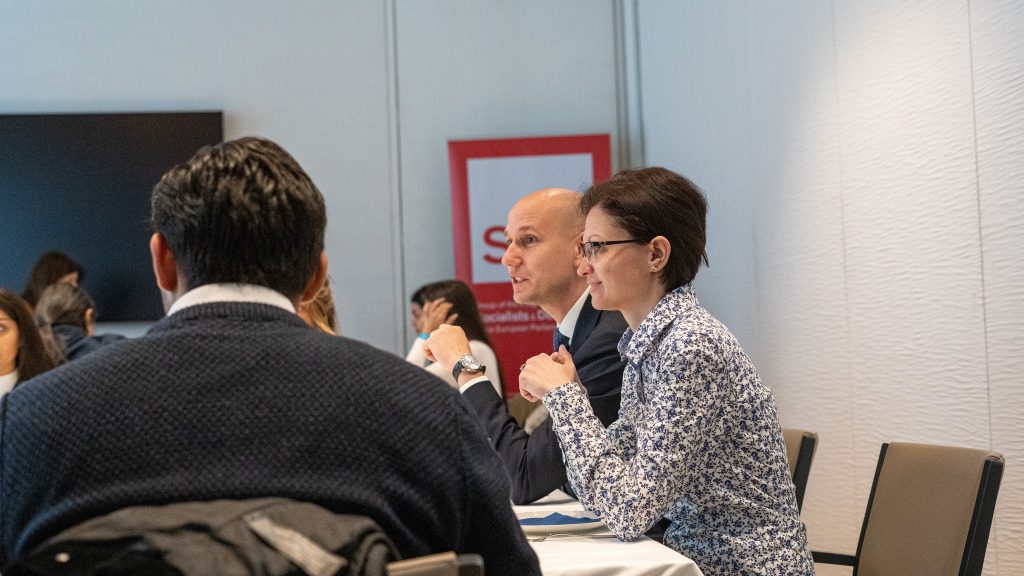
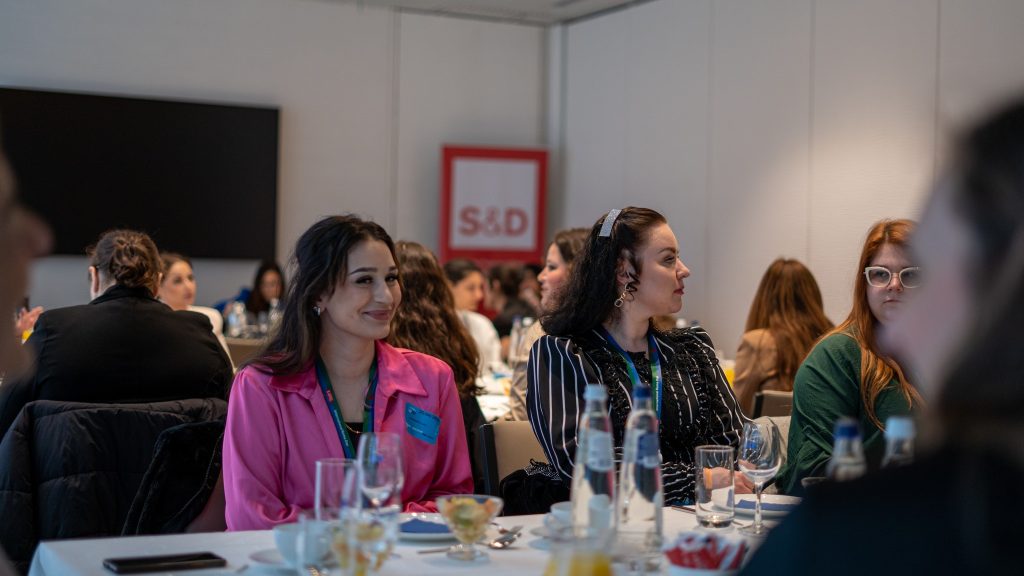
Later that day, a roundtable-discussion was also organized with the title “Roma Heroines” at the European Parliament. The event aimed to increase knowledge about the challenges Roma women face in the Roma and mainstream social movements; to increase awareness about the contribution of Roma women in our societies; to learn about the outstanding Roma heroines by listening to their personal stories and campaigns and to change the narratives about Roma women in and outside of our Roma communities.
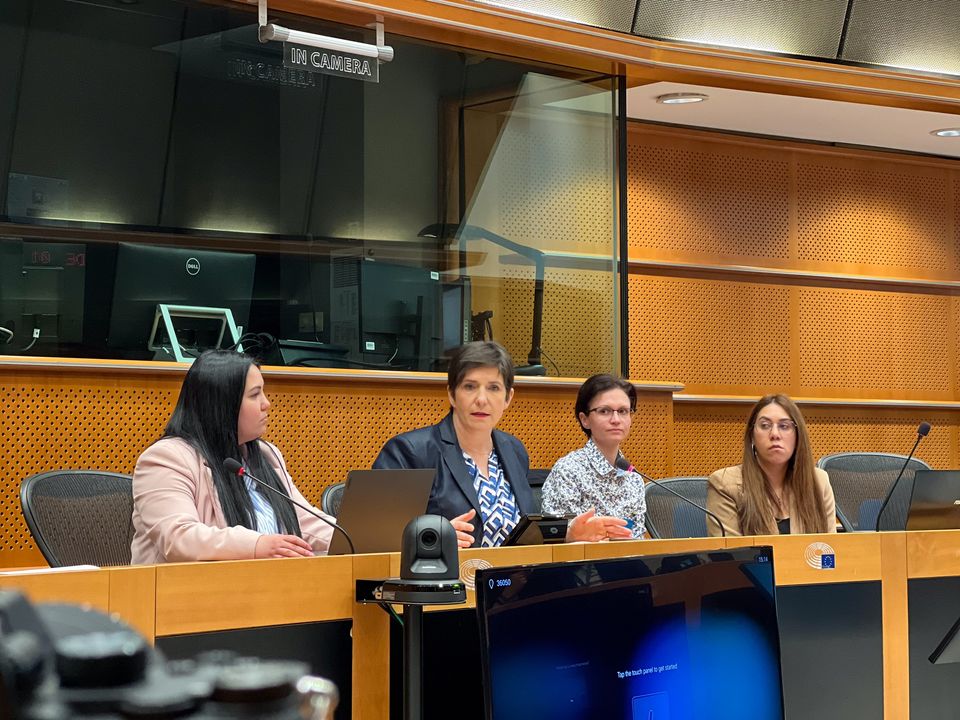
The roundtable was opened by Marietta Herfort (Phiren Amenca), Dobrev Klára, member of the European Parliament (S&D) and Jelena Jovanovic, coordinator of the Anti-Racism and Diversity Intergroup in the European Parliament. The discussion was moderated by Marina Csikós (Phiren Amenca). Speakers were: Natasha Roth (Finland), Florentina Manea (Romania), Marija Sulejmanova (North-Macedonia) and Anna Daróczi (Hungary). This event was a real inspiration for all of us with all the challenges, successes and dilemmas we heard.
The event took place as part of the Youth Against Antigypsyism – YAG Project funded by the CERV Programme of the European Commission led by the Phiren Amenca International Network, Belgium in partnership with RGDTS, Hungary and Center Amalipe, Bulgaria.
